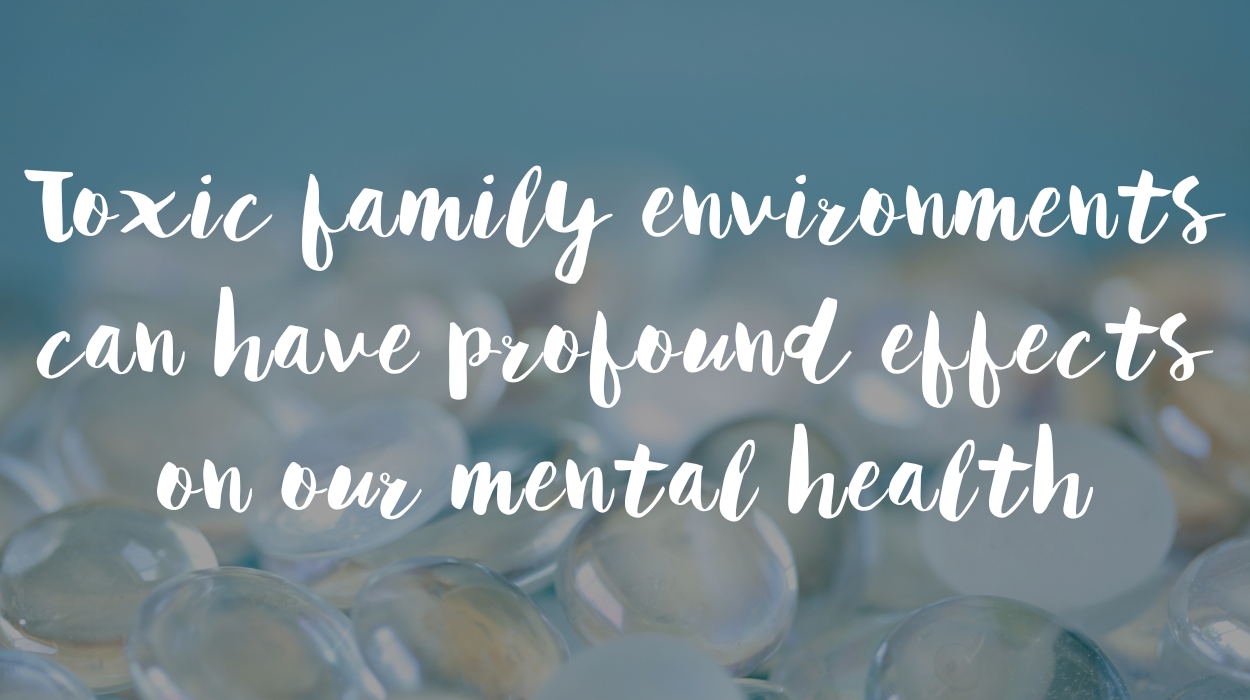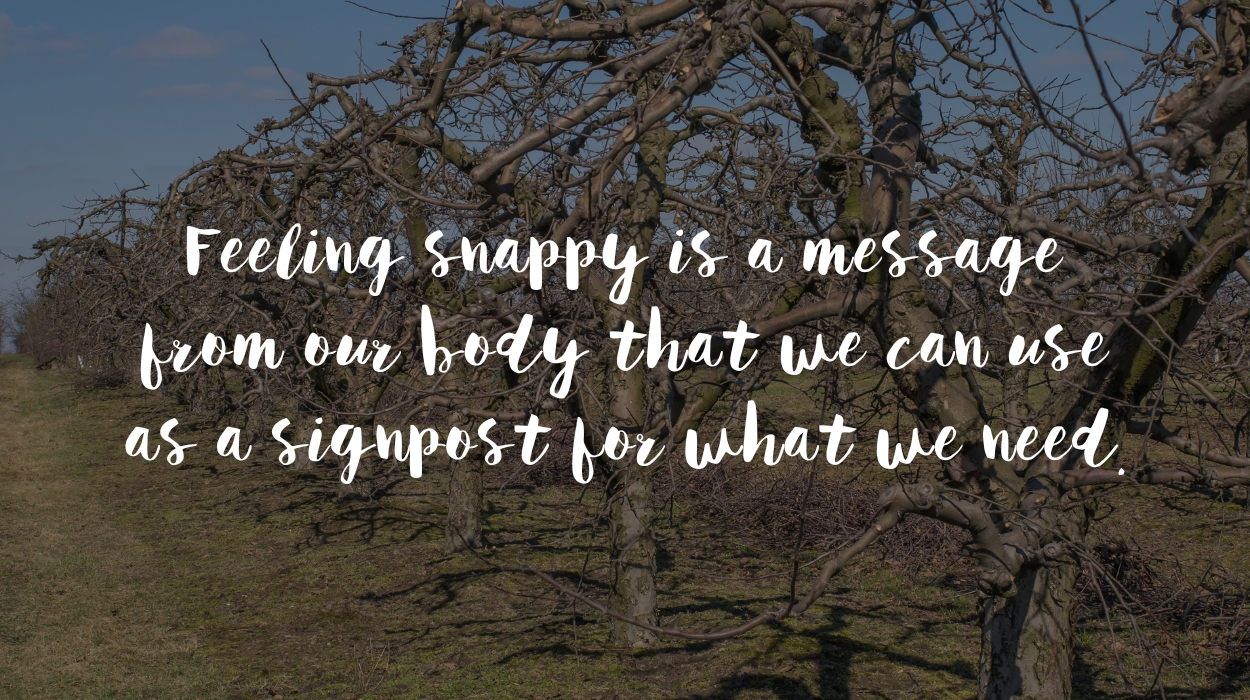Breaking Free: Navigating The Complexities Of Living With A Toxic Family
Uncover the effects of toxic family dynamics on mental well-being and find strategies to cope with these challenges. Dive in now!
Our family is supposed to be our sanctuary, a place where we feel loved, supported, and understood. However, for many individuals, family dynamics can be far from ideal, often veering into toxicity. These toxic family environments can have profound effects on our mental health, shaping our emotional well-being and sense of self. In this article, we’ll explore the signs of a toxic family, delve into its impact on mental health, and discuss strategies for coping and healing.
Signs Of A Toxic Family
Identifying a toxic family dynamic can be challenging, especially when we’re deeply ingrained in it. However, there are common signs that may indicate the presence of toxicity:
- Constant Criticism: Instead of offering constructive feedback, family members engage in relentless criticism and belittling.
- Manipulation and Control: Toxic family members use manipulation tactics to maintain power and control over others.
- Lack of Boundaries: There’s a disregard for personal boundaries, with family members intruding into each other’s lives without permission.
- Emotional or Physical Abuse: Verbal insults, threats, or even physical violence are used as forms of punishment or control.
- Unresolved Conflicts: Family members avoid addressing conflicts, leading to underlying tension and resentment.
- Conditional Love: Love and support are offered conditionally, based on compliance with family expectations or behaviors.
- Enmeshment: There’s a lack of individuality, with family members being overly involved in each other’s lives and decisions.
The Effects Of A Toxic Family On Mental Health
Living in a toxic family environment can take a toll on our mental health, contributing to various challenges:
- Anxiety and Stress: Constant criticism and conflict create an atmosphere of fear and tension, leading to heightened anxiety levels.
- Depression: Feelings of worthlessness and inadequacy can spiral into depression, robbing us of joy and motivation.
- Low Self-Esteem: Toxic family dynamics erode our sense of self-worth, leaving us feeling undeserving of love and respect.
- Difficulty Forming Healthy Relationships: Unhealthy family dynamics can shape our expectations and behaviors in relationships, making it challenging to form healthy connections.
- Emotional and Psychological Trauma: Emotional abuse and trauma within the family can leave lasting scars, impacting our emotional well-being and sense of safety.
- Self-Destructive Behaviors: Coping mechanisms such as substance abuse or self-harm may develop as ways to cope with the pain and distress.
Ways To Deal With A Toxic Family
Coping with a toxic family dynamic requires courage, self-awareness, and boundaries. Here are some key strategies to consider:
- Establish Boundaries: Clearly communicate your boundaries to family members and enforce them consistently.
- Seek Support: Reach out to friends, support groups, or a therapist who can provide validation and guidance.
- Practice Self-Care: Prioritize activities that nourish your well-being, such as exercise, mindfulness, and creative outlets.
- Set Realistic Expectations: Accept that you cannot change others’ behavior and focus on your own growth and healing.
- Limit Contact: If necessary, reduce or limit contact with toxic family members to protect your mental and emotional health, and minimize disappointment.
- Therapy: Consider seeking professional therapy to process emotions, gain insight, and develop coping strategies.
Some other ways to respond to a toxic family are:
- Secret Code: Create a secret code language to communicate with supportive family members.
- Pet Support: Adopt a pet to provide emotional support and companionship.
- Gratitude Journal: Start a daily gratitude journal to focus on positive aspects of life.
- Deep Breaths: Practice deep breathing exercises during family interactions.
- Boundaries Set: Set boundaries by limiting communication or spending less time with toxic family members.
- Creative Outlet: Engage in creative outlets like painting or writing to express emotions.
- Support Groups: Join support groups or online forums for validation and advice.
- Safe Space: Create a physical or virtual “safe space” to retreat to during tense moments.
- Self-Care: Establish a routine of self-care activities such as baths or meditation.
- Protective Shield: Visualize a protective shield around yourself during difficult interactions.
- Chosen Family: Cultivate a network of chosen family or close friends for emotional support.
- Assertive Talk: Practice assertive communication to express needs and concerns effectively.
- Escape Plan: Explore alternative living arrangements or temporary escapes when necessary.
- Hobby Time: Develop a hobby or interest outside of family interactions for balance.
- Neutral Topics: Redirect conversations to neutral topics when discussions turn toxic.
- No Drama: Implement a “no drama” policy for family gatherings or events.
- Distance Move: Create distance by relocating or moving to a new area if feasible.
- Personal Growth: Focus on personal growth and healing to break the cycle of toxicity.
Living in a toxic family environment can be emotionally draining and detrimental to our mental health. However, by recognizing the signs of toxicity, understanding its impact, and implementing healthy coping strategies, we can begin to reclaim control over our lives and prioritize our well-being. Remember, you are not alone, and there is support available to help you navigate this challenging journey toward healing and resilience.
Sharing is caring: Please share this post to help others, you never know who might need it.









